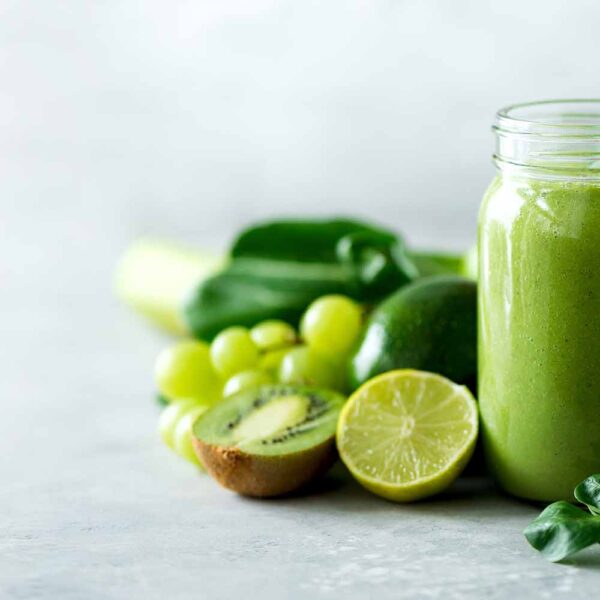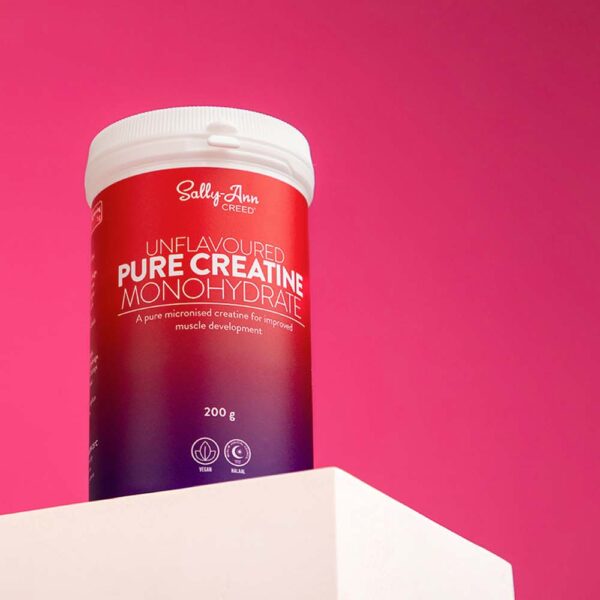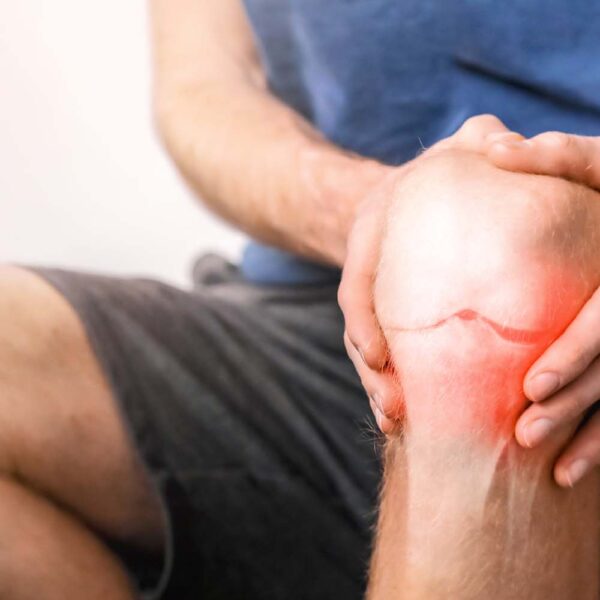Many people know that humans are made up of 25% solids and 75% water. But did you know that 85% of brain tissue is water, which means we need loads of water to remain healthy. Not drinking enough water may trigger symptoms seemingly unrelated to dehydration, such as:
- excess body fat
- poor muscle tone
- digestive complications
- joint and muscle pain
- water-retention
- decreased digestive function
- increased bodily toxin build-up
After clean air, water is our most important component for survival. An adult can last about 2 months without food, but only a few days without water.
There are many reasons to drink water. Digestive and metabolic processes rely heavily on water for chemical reactions in the body, carrying nutrients and oxygen to the cells through the blood. It also helps cool the body through perspiration. Water lubricates joints and gets rid of waste products via the kidneys. We even need water to breathe – our lungs must be moist in order to extract oxygen and excrete carbon dioxide, and a lot of water is lost daily just through exhaling.
Dehydration can impair almost every aspect of your health. Water-retention is a symptom frequently eliminated by drinking more water (It seems counterintuitive, but it’s true). The body also cannot metabolise fat adequately if you don’t get enough water, and weight loss is hindered.
Whoever thought water could make such a difference to your health? If drinking 8 glasses a day is a concern regarding frequent trips to the bathroom, don’t worry – your bladder adjusts and in a few weeks this will normalise.
Dehydration may manifest as dry mouth – but this is often the last outward sign of extreme dehydration. Other signs include:
- Heartburn, stomach ache
- Recurring or chronic pain
- Lower-back pain
- Headaches
- Irritation and/or depression
- Water-retention
Drinking tea, coffee, alcohol, or fizzy drinks isn’t enough. While these beverages contain water, they’re dehydrating fluids, meaning they cause further water loss from your body’s reserves. So make sure you drink to your good health all year round with delicious, pure (distilled if you can) water.








